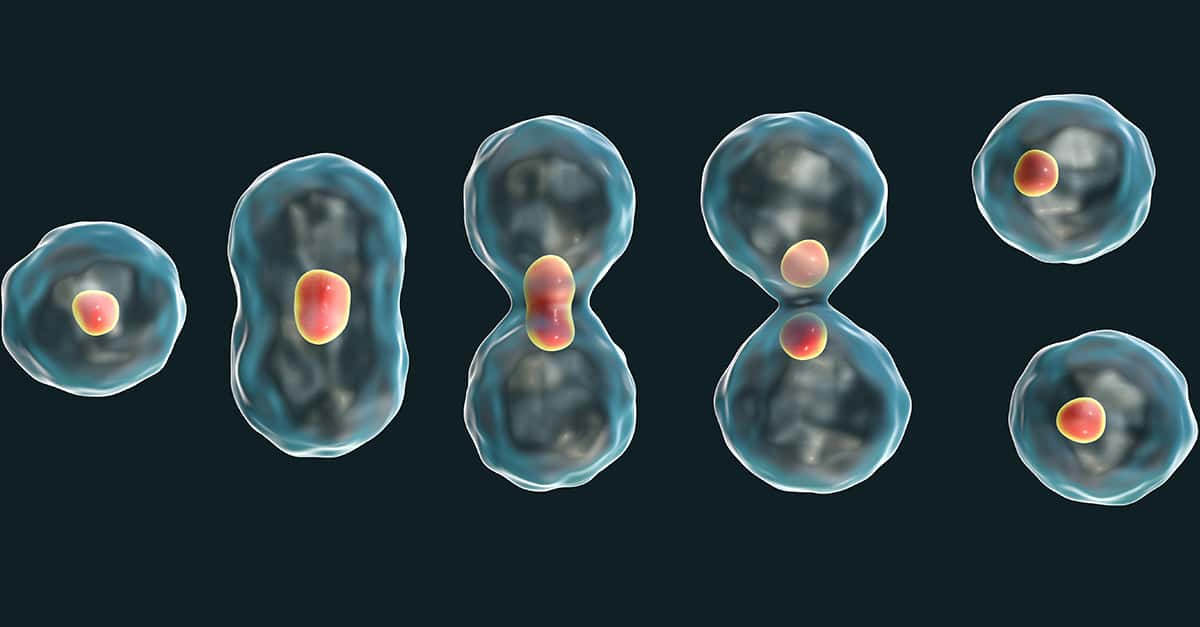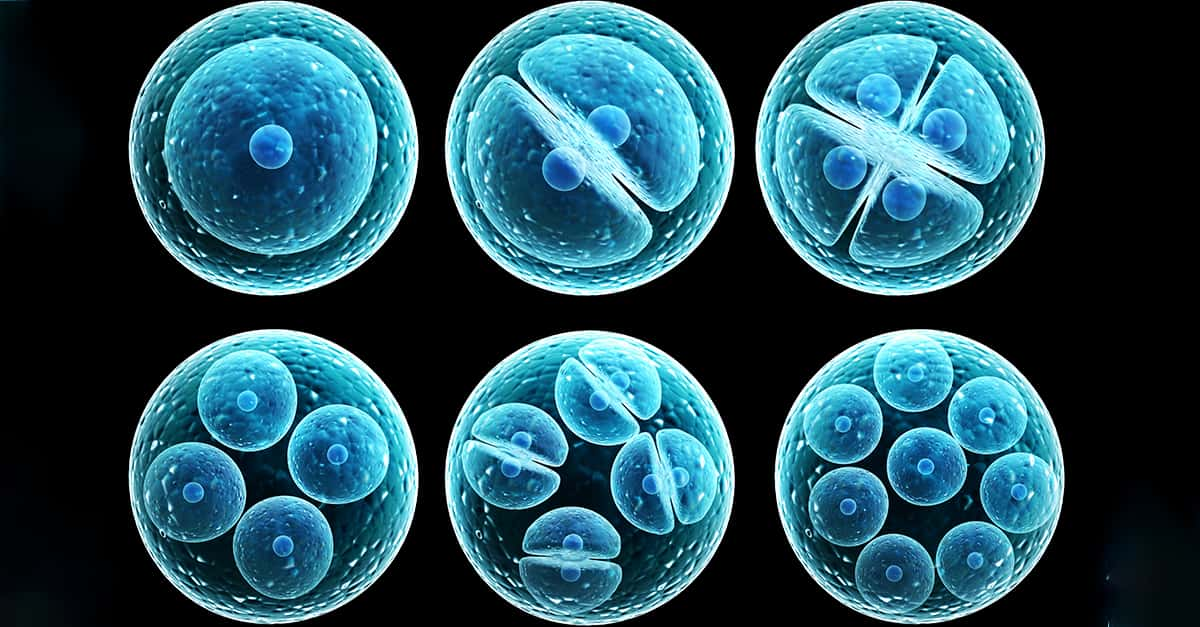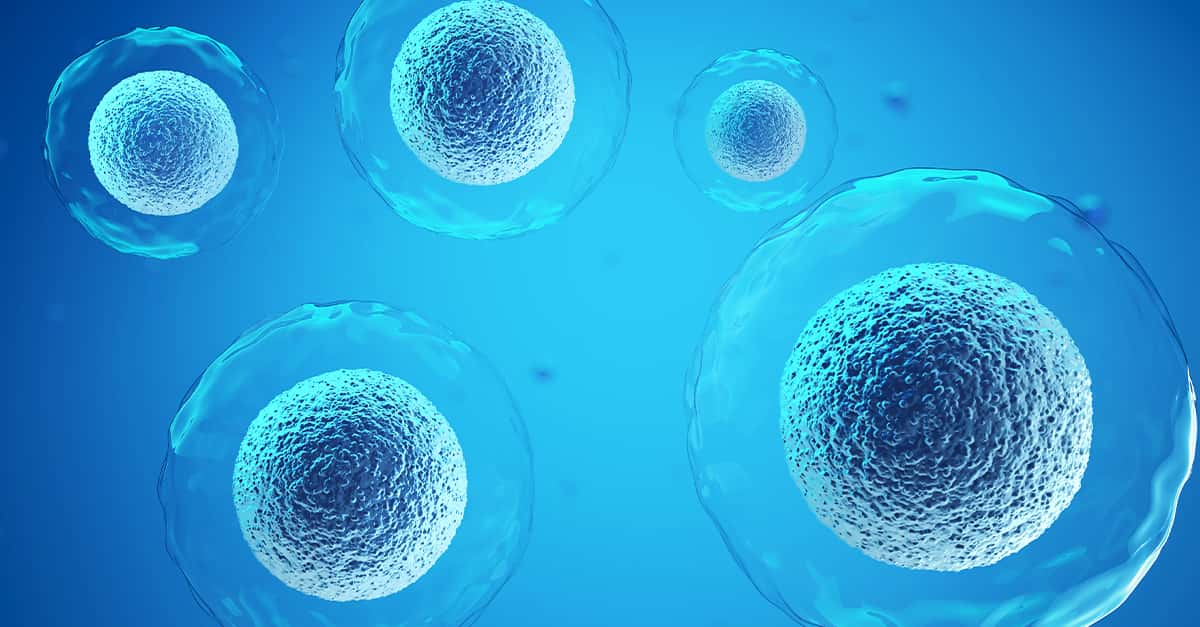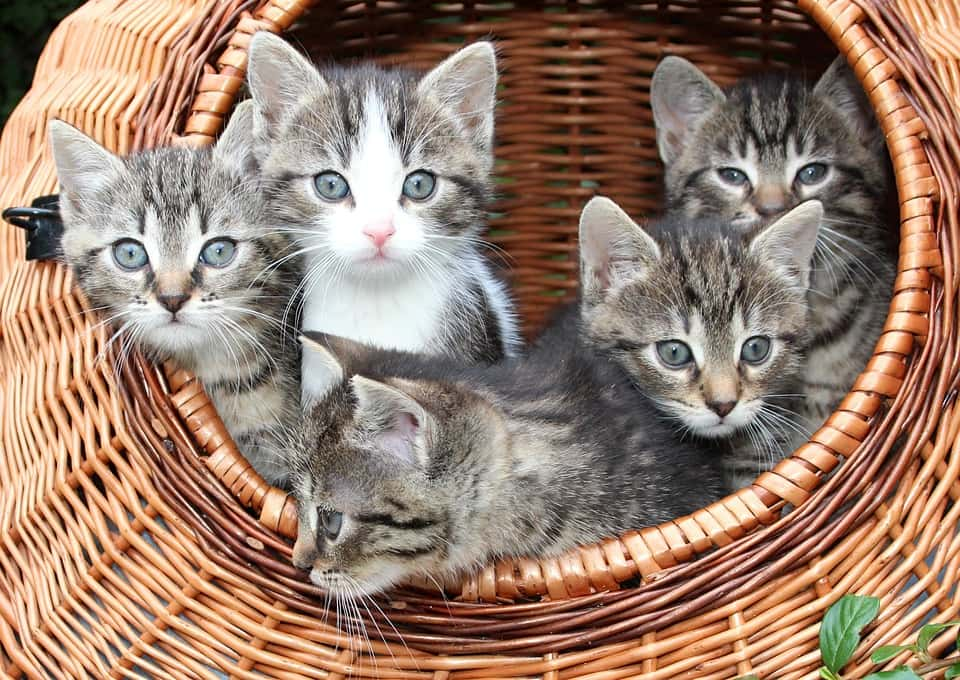As it turns out, cell division is even more important than most of us realize. After all, life itself wouldn’t exist without it. But why, hundreds of millions of years ago, did the first cells split off and multiply? There’s actually a number of reasons.
Why Do Cells Divide?
To Grow!
The first reason that cells divide is simple: They divide to get bigger. Now, you might be wondering, why can’t a cell just get bigger and bigger and stay in one piece? Why aren’t there house-sized cells all over the place? The answer to that question lies in one crucial place: the cell’s membrane.
Cells get everything they need through the membrane. If they got too big, they wouldn’t be able to transport things like food and oxygen from the outside to the center. Lots of cells have more surface area per volume than one big cell would, so dividing lets organisms grow larger than they’d be able to otherwise.
To Make More Cells!
The next reason is probably the most obvious: cells divide to reproduce. 1+1=2. Cells today reproduce in lots of different ways, from a simple bacteria splitting into two identical copies to the complex sexual reproduction that almost all plant and animal life uses. But regardless of the method, any life that produces offspring does it through cell division.
To Heal!
Another reason that cells divide is maintenance. Cells, like anything else, wear out over time and need to be replaced. The same thing goes for when a cell is damaged as, say, when you get a cut on your arm or a bruise on your leg. In order to get back to normal, healthy cells divide to replace the ones that are toast.

To Be!
All cell division has one thing in common: the cell’s genome gets replicated. In fact, a lot of what goes on inside a cell is focused specifically on making sure that the genome is passed on to futures cells properly. We see this across all forms of life, from bacteria to blue whales. So why all the importance on genes?
Well, the fundamental answer to “why do cells divide” might lie here. Cells maintain their genome when they divide because it allows them to evolve.
Without the ability to evolve, life would never have diversified and taken over the Earth. And if cells didn’t have genes, or the ability to replicate those genes, there would be no way for them to ever pass on evolutionary advantages. Cells, and life itself, would maybe have died off eons ago.
So, while there are lots of answers to the question “Why do cells divide?”, maybe the best one is: “Because they wouldn't exist otherwise."













